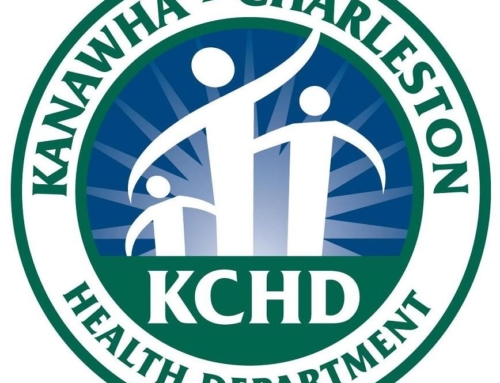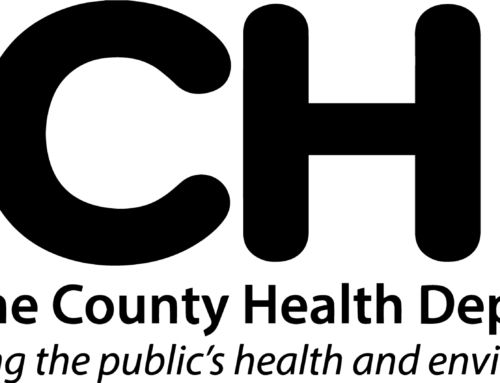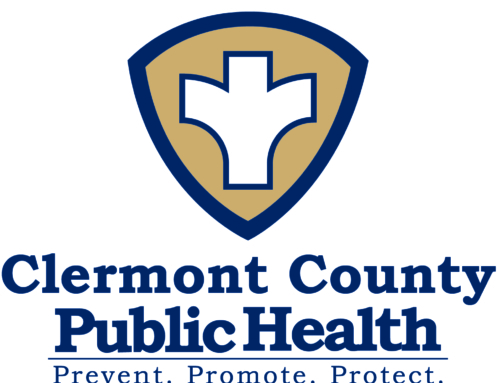Project Description

“Accreditation really does work to make a health department the best it can be.”
Accreditation Process Brings New Energy and Focus to the Activities of the Lexington-Fayette County Health Department in Lexington, Kentucky
By Katrina Howard, MPH, CHC
At the Lexington-Fayette County Health Department in Lexington, Kentucky, we credit PHAB’s national accreditation program for bringing new energy and focus to our many activities. The processes used to achieve accreditation led our health department to become more keenly focused on our mission “To Help Lexington Be Well,” and more aware of the various methods needed to accomplish this mission.
The impact of attaining accreditation status has led to two major changes in the way our health department operates.
Quality Improvement
At the start of going through the accreditation process, our Quality Improvement (QI) Committee was in the beginning stages of development. During the accreditation process, we learned the importance of developing this committee further for the purpose of examining and improving methods and processes used to improve the health of our community and to demonstrate compliance with PHAB’s Standards and Measures. Developing our QI Committee has now become a major priority as a way to analyze and improve our work processes to aid in accomplishing our mission goals. Moreover, this committee has developed into an active, multi-disciplinary group of employees whose ultimate objective is to infuse the culture of QI into all aspects of the health department.
To meet this objective, QI training is being provided to all of our employees to enable them to actively develop, participate, and incorporate QI into their day-to-day work activities.
Strategic Planning
The other significant change to emerge from the accreditation process has been an increased importance on the development and use of strategic plans to guide the activities of our programs. At the beginning of the accreditation process the health department’s strategic plan was a document with very general ideas and no measurable goals to assess whether the strategic plan was being used. Because of the accreditation process, the health department developed a strategic plan for the agency as a whole and each public health program developed a program-specific strategic plan as well.
Each strategic plan has goals, objectives and action steps that must be taken to meet measurable outcomes to accomplish each goal. The action steps guide the activities employees use to meet the objectives. They are reviewed every 6 months for progress made and revised annually. A recent revision of the strategic plans has been to combine similar goals from different programs into one inclusive division-wide goal when individual programs’ objectives overlap. This has been an effective method for programs to work together to accomplish common goals and break down the workplace “silos” that have been identified.
Annual accreditation reports help keep the momentum going. The annual reports continually improve the work of the health department to keep our community healthy by reviewing what has been accomplished each year and focusing on improvement goals for the coming year.
In summary, accreditation really does work to make a health department the best it can be. Although my name is at the top of this article, accreditation is a team achievement and this story represents the hard work of the entire health department.
Lexington-Fayette County Health Department in Lexington, Kentucky, was awarded national accreditation through the Public Health Accreditation Board on June 18, 2014.
About the author: Katrina Howard, MPH, CHC, is Compliance and Projects Officer at Lexington-Fayette County Health Department in Lexington, Kentucky. Contact her at 859-899-2257 or via email at [email protected].




